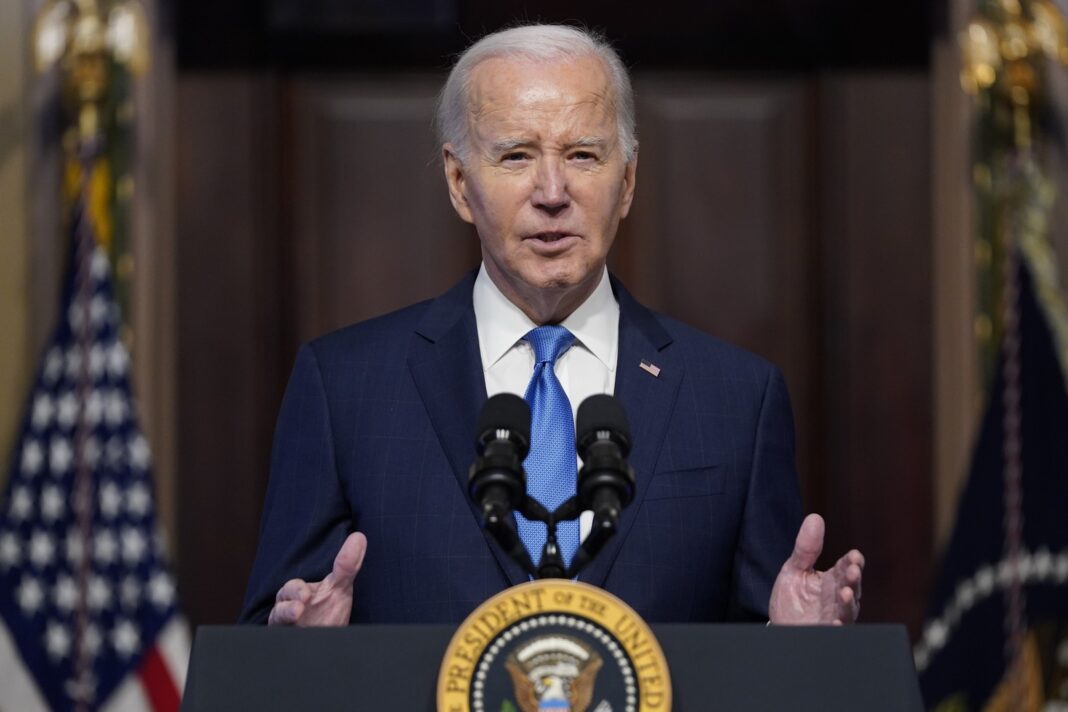Amid escalating tensions between the world’s largest economies, President Joe Biden’s administration has expanded the export blacklist to include more Chinese companies and individuals than any previous US administration.
The Commerce Department recently added six Chinese companies to its entity list, bringing the number of new targets during the Biden administration to 319. This surpasses the 306 entities added during Donald Trump’s presidency, which coincided with a trade war with Beijing that inflicted economic damage on both nations.
This development underscores the US government’s increasing use of economic tools to achieve foreign policy objectives. President Biden aims to restrict China’s access to advanced chips and technology, citing national security concerns. Heightened tensions between President Xi Jinping’s administration and Taiwan have further raised concerns in Washington that Beijing may leverage American technology to enhance its military capabilities.
“Being tough on China, including through the restriction of its access to technology, is a theme that has bipartisan agreement,” Alfredo Montufar-Helu, head of the Conference Board’s China Center quoted by Bloomberg. With a US election in November, both sides “have incentives during these months of campaigning to show themselves as being as strong on China,” he said.
President Biden has maintained Trump-era tariffs while also expanding trade restrictions, particularly targeting measures that hinder Beijing’s access to cutting-edge technologies, notably in the critical artificial intelligence sector.
In February alone, the US added eight companies to its entity list, quietly surpassing Trump’s previous record. This week, six additional entities were added, further solidifying the entity list as a primary tool for Washington to impose sanctions on individuals, companies, or organizations in China and elsewhere, citing national security concerns.
Chinese Ministry of Commerce spokesman, He Yadong, criticized this policy during a briefing in Beijing, labeling it as an attempt to hinder China’s development. He characterized the imposition of export controls on Chinese firms as economic coercion and unilateral bullying.
In a retaliatory move, China sanctioned two US companies, freezing all their assets in China and denying visas to their executives. These sanctions, primarily targeting defense contractors involved in arms sales to Taiwan, are largely symbolic as the firms likely have no significant assets in China.

